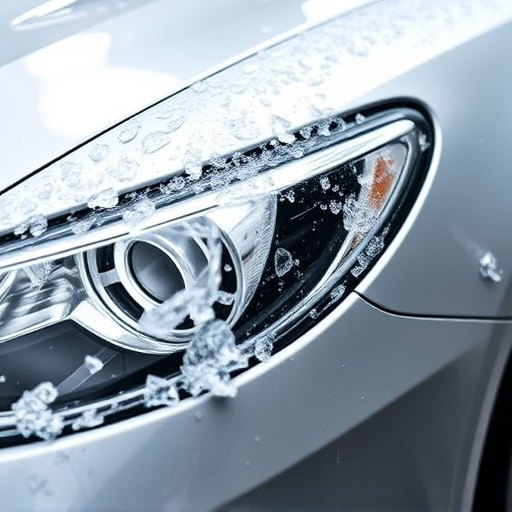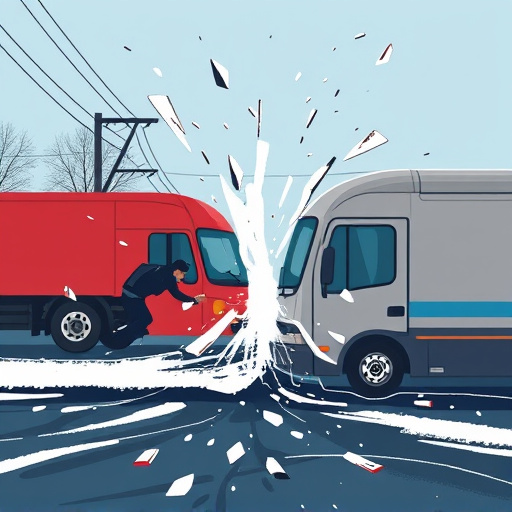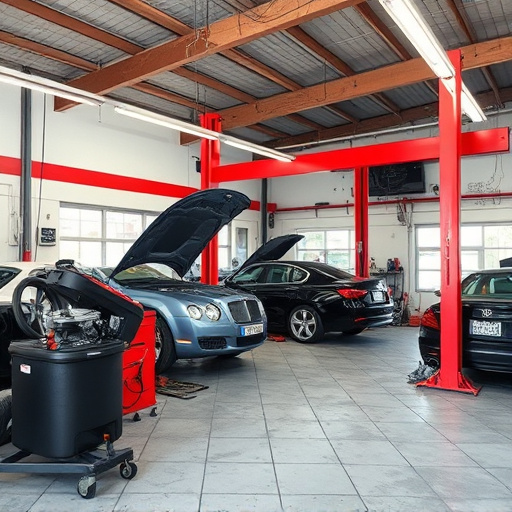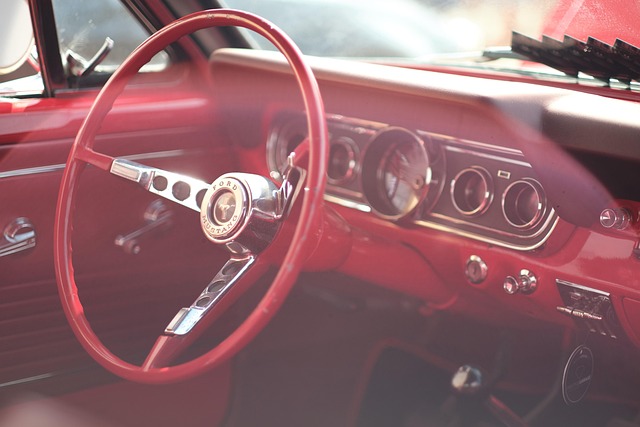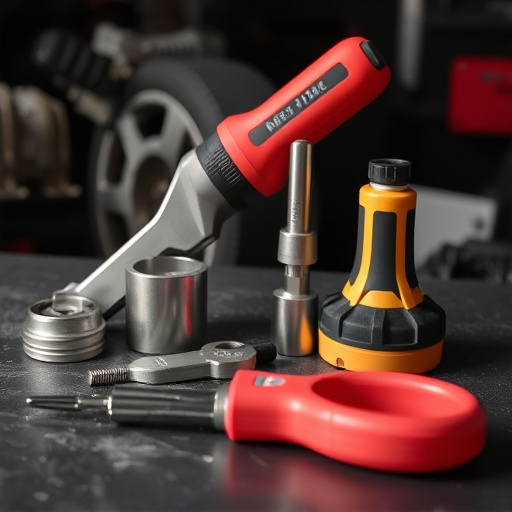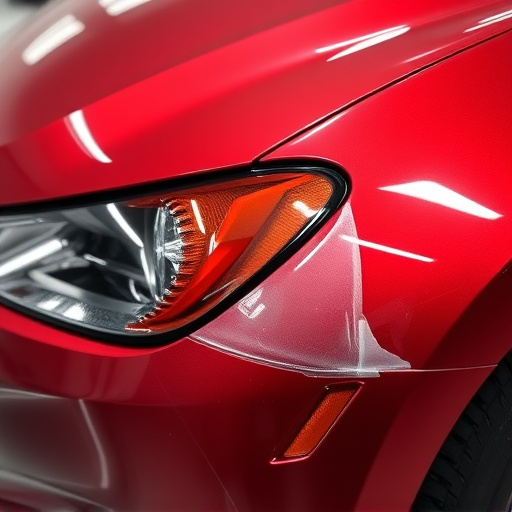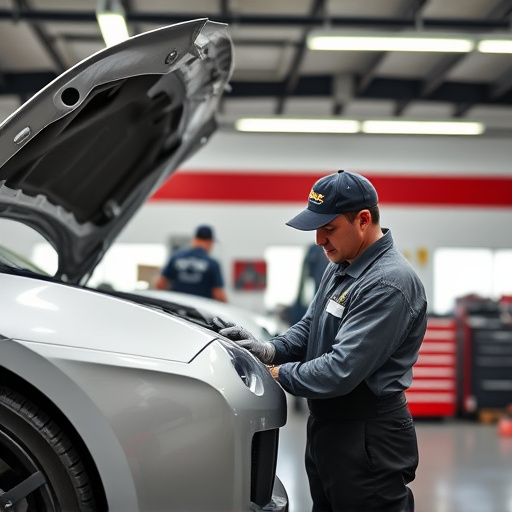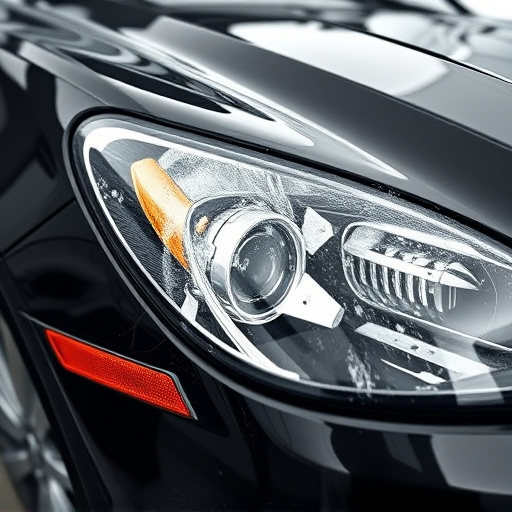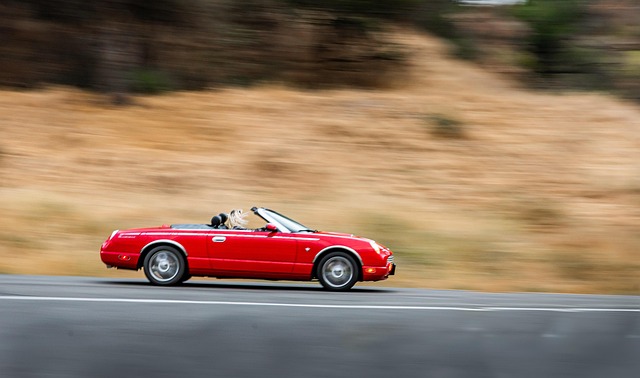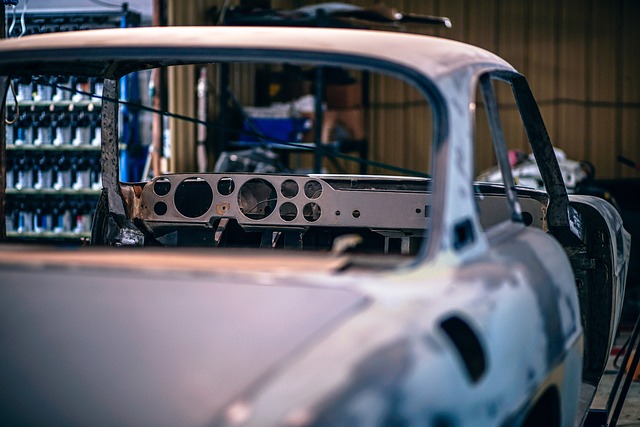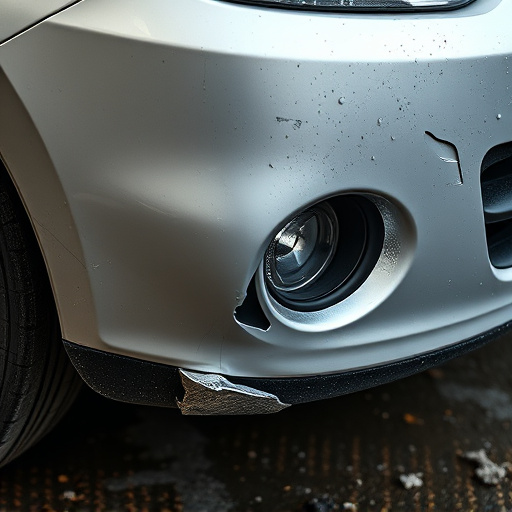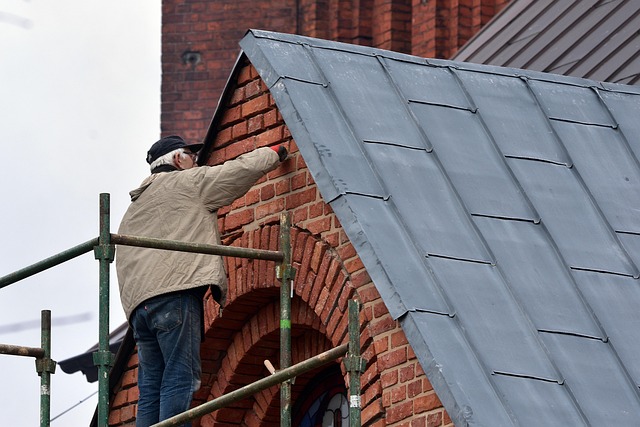The automotive industry's evolution in 2025 is characterized by technological advancements and a growing focus on sustainability in import car collision repair. Advanced tools like frame straightening machines and CAD software enhance precision, while recycled materials and efficient waste management systems drive eco-friendly practices. Global supply chain disruptions caused by COVID-19 and geopolitical tensions have been mitigated by local repair shops leveraging domestic suppliers, ensuring swift part acquisition and minimizing customer downtime. Despite the rise of self-driving cars and new technologies, skilled import car collision repair remains crucial for maintaining safety standards, with quality repairs restoring vehicles to pre-accident condition and cultivating customer trust. Reputable shops excel through meticulous car paint services and precise techniques.
In 2025, the automotive industry stands at the crossroads of technological evolution and global challenges. Amidst advancements in autonomous driving and digital transformation, why does import car collision repair remain a vital pillar? This article delves into the evolving landscape of automotive repair, exploring how technological innovations coexist with traditional practices. We analyze global supply chain disruptions and their impact on part availability, emphasizing the critical role of local repair capabilities. Furthermore, we highlight the enduring significance of skilled collision repair in ensuring safety, quality, and customer satisfaction, even as new technologies emerge.
- The Evolving Landscape of Automotive Repair: Explore the advancements in technology and techniques that still make import car collision repair relevant.
- Global Supply Chain Challenges and Their Impact: Discuss how global supply chain disruptions affect the availability of parts, highlighting the importance of local repair capabilities.
- Safety, Quality, and Customer Satisfaction: Emphasize the critical role of skilled collision repair in ensuring vehicle safety standards and customer trust, even with the rise of new technologies.
The Evolving Landscape of Automotive Repair: Explore the advancements in technology and techniques that still make import car collision repair relevant.
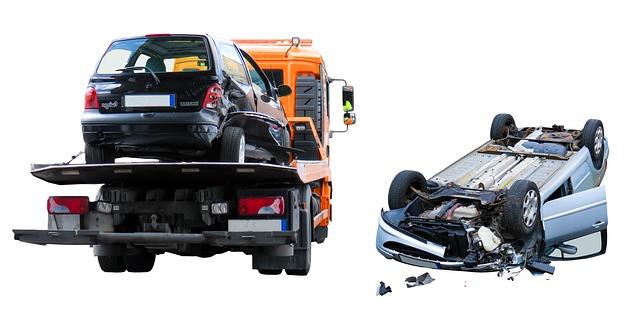
The automotive industry has witnessed significant transformations over the past decade, with technology playing a pivotal role in shaping the way vehicles are repaired. Despite the rise of advanced diagnostics and digital solutions, import car collision repair remains an indispensable aspect of the automotive service sector in 2025. The evolving landscape of car collision repair is characterized by a fusion of innovative techniques and traditional craftsmanship.
Modern advancements like frame straightening machines and computer-aided design (CAD) software have elevated the precision and efficiency of collision repair services. These technologies enable technicians to accurately assess damage, perform precise frame straightening, and ensure vehicles are restored to their pre-accident condition. Moreover, with a focus on sustainability, import car collision repair professionals are adopting eco-friendly practices, utilizing recycled materials and implementing efficient waste management systems. This blend of technological prowess and sustainable practices ensures that import car collision repair remains relevant, offering high-quality, reliable, and environmentally conscious services well into the future.
Global Supply Chain Challenges and Their Impact: Discuss how global supply chain disruptions affect the availability of parts, highlighting the importance of local repair capabilities.
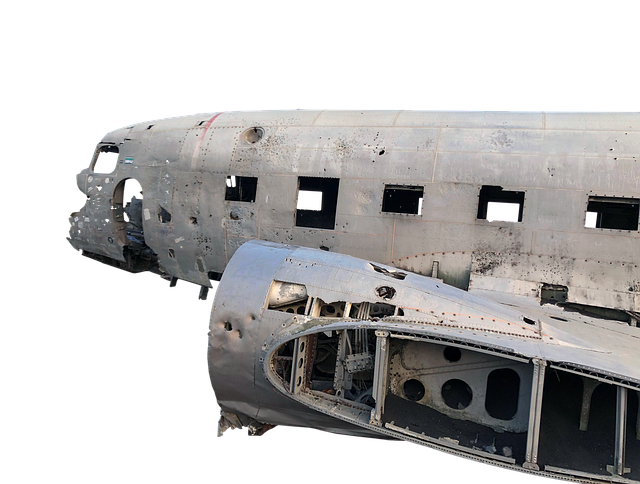
The global supply chain, once a well-oiled machine facilitating the efficient distribution of car parts worldwide, has faced significant disruptions in recent years. These challenges, exacerbated by the COVID-19 pandemic and geopolitical tensions, have led to delays and shortages in the auto industry. The impact is profound, particularly for import car collision repair services. With many specialized parts now harder to come by, local repair capabilities become increasingly vital.
Local repair shops can mitigate the effects of global supply chain issues by accessing domestic suppliers and inventory. This ensures that when a part is needed for a collision repair, it can be sourced quickly, minimizing downtime for car owners. Moreover, auto detailing and car paint services often rely on these same parts, so a robust local repair ecosystem supports the entire automotive aftercare sector, fostering resilience and ensuring customers receive high-quality, timely service in 2025 and beyond.
Safety, Quality, and Customer Satisfaction: Emphasize the critical role of skilled collision repair in ensuring vehicle safety standards and customer trust, even with the rise of new technologies.
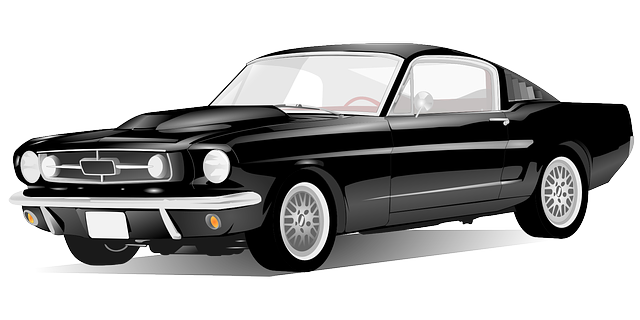
In the ever-evolving automotive landscape, as new technologies emerge and self-driving cars gain traction, one aspect remains steadfastly crucial: import car collision repair. Despite advancements in safety features and autonomous capabilities, skilled collision repairs are essential to maintaining vehicle safety standards. Today’s complex vehicles require specialized knowledge to ensure that even subtle damage is accurately assessed and repaired without compromising structural integrity or safety mechanisms.
Quality import car collision repair transcends mere dent removal or auto frame repair; it cultivates customer trust. Consumers expect their vehicles to not only be aesthetically restored but also to meet the highest safety standards. Reputable collision repair shops, through meticulous car paint services and precise techniques, rebuild vehicles to pre-accident condition, ensuring peace of mind for customers on the road. This commitment to quality not only guarantees vehicle safety but also reinforces customer satisfaction in an era where technology meets traditional craftsmanship.
Despite the technological advancements and global shifts, import car collision repair remains an indispensable aspect of the automotive industry in 2025. The ability to locally source parts, adapt to supply chain challenges, and maintain rigorous safety standards is crucial for customer satisfaction and trust. As we navigate an ever-changing landscape, skilled collision repair professionals continue to play a vital role in ensuring that vehicles meet the highest quality and safety requirements, fostering peace of mind for car owners worldwide.
